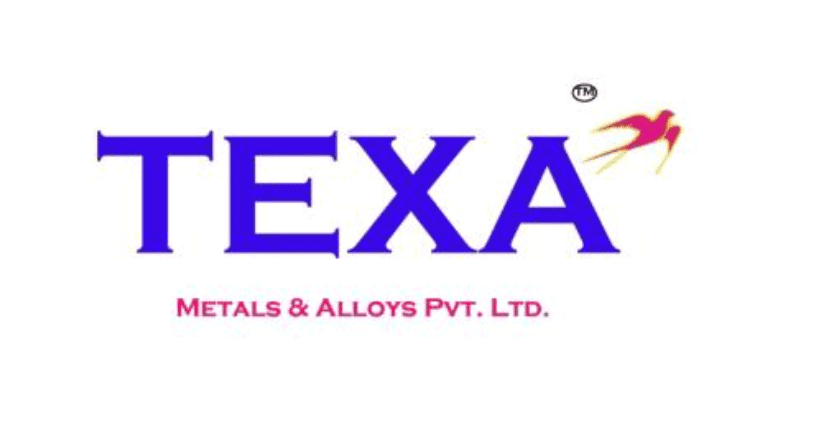ADC 12 is a type of aluminum alloy that is commonly used in the manufacture of automotive parts, such as wheels and cylinder heads. It is known for its strength and corrosion resistance. The number 12 refers to the alloying elements that are used to create the material. These elements include copper, silicon, magnesium, and zinc. The specific composition of ADC 12 can vary depending on the manufacturer and the intended application of the material.
Some equivalent materials to ADC 12 aluminum alloy include:
- A360
- A380
- AlSi12
- AlCuSiMg
These materials are similar to ADC 12 in terms of their composition and mechanical properties. They may be used as substitutes for ADC 12 in certain applications. However, it is important to note that the specific properties of these materials may vary, so it is always best to consult with a qualified engineer or materials expert before making a decision on which material to use.
Characteristics of ADC12
ADC 12 is a type of aluminum alloy that is known for its strength, corrosion resistance, and good casting properties. It is commonly used in the manufacture of automotive parts and other components that require these characteristics. Some specific characteristics of ADC 12 include:
- Good strength: ADC 12 has a tensile strength of around 240-300 MPa (megapascals), which is comparable to many steel alloys. This makes it suitable for use in structural and load-bearing applications.
- Corrosion resistance: ADC 12 has good corrosion resistance, particularly when it is anodized or painted. This makes it suitable for use in outdoor and other corrosive environments.
- Good casting properties: ADC 12 has good casting properties, which means it can be easily molded into complex shapes using casting processes such as die casting. This makes it suitable for use in applications where precise shapes and tolerances are required.
- Ductility: ADC 12 has good ductility, which means it can be deformed without breaking. This makes it suitable for use in applications where some deformation is expected, such as in automotive suspension components.
- Low density: ADC 12 has a low density of around 2.7 g/cm3, which is lower than steel. This makes it a good choice for use in applications where weight is a concern.
Here are some physical properties of ADC 12 aluminum alloy:
- Density: 2.7 g/cm3
- Melting point: 600-640°C
- Thermal conductivity: 167 W/mK
- Electrical conductivity: 53-62% IACS
- Young’s modulus: 70-80 GPa
It is important to note that these values may vary slightly depending on the specific composition and manufacturing process of the ADC 12 alloy.
The density of ADC 12 is lower than that of steel, which makes it a good choice for use in applications where weight is a concern. The melting point of ADC 12 is relatively low, which makes it easy to cast into complex shapes using casting processes such as die casting. The thermal conductivity of ADC 12 is relatively high, which makes it a good choice for use in applications where good heat transfer is desired. The electrical conductivity of ADC 12 is also relatively high, making it a good choice for use in electrical conductors. Finally, the Young’s modulus of ADC 12 is relatively high, indicating that it has good stiffness and strength.
Here are some mechanical properties of ADC 12 aluminum alloy:
- Tensile strength: 240-300 MPa
- Yield strength: 180-200 MPa
- Elongation at break: 5-15%
- Hardness: 75-85 HB
- Fatigue strength: 90-100 MPa
It is important to note that these values may vary slightly depending on the specific composition and manufacturing process of the ADC 12 alloy.
The tensile strength of ADC 12 is relatively high, which makes it suitable for use in structural and load-bearing applications. The yield strength of ADC 12 is also relatively high, which means it can withstand high levels of stress before deforming permanently. The elongation at break of ADC 12 is moderate, indicating that it has good ductility and can be deformed without breaking. The hardness of ADC 12 is moderate, which means it can withstand some abrasion and wear. The fatigue strength of ADC 12 is also moderate, which means it can withstand repeated loading without failing.



